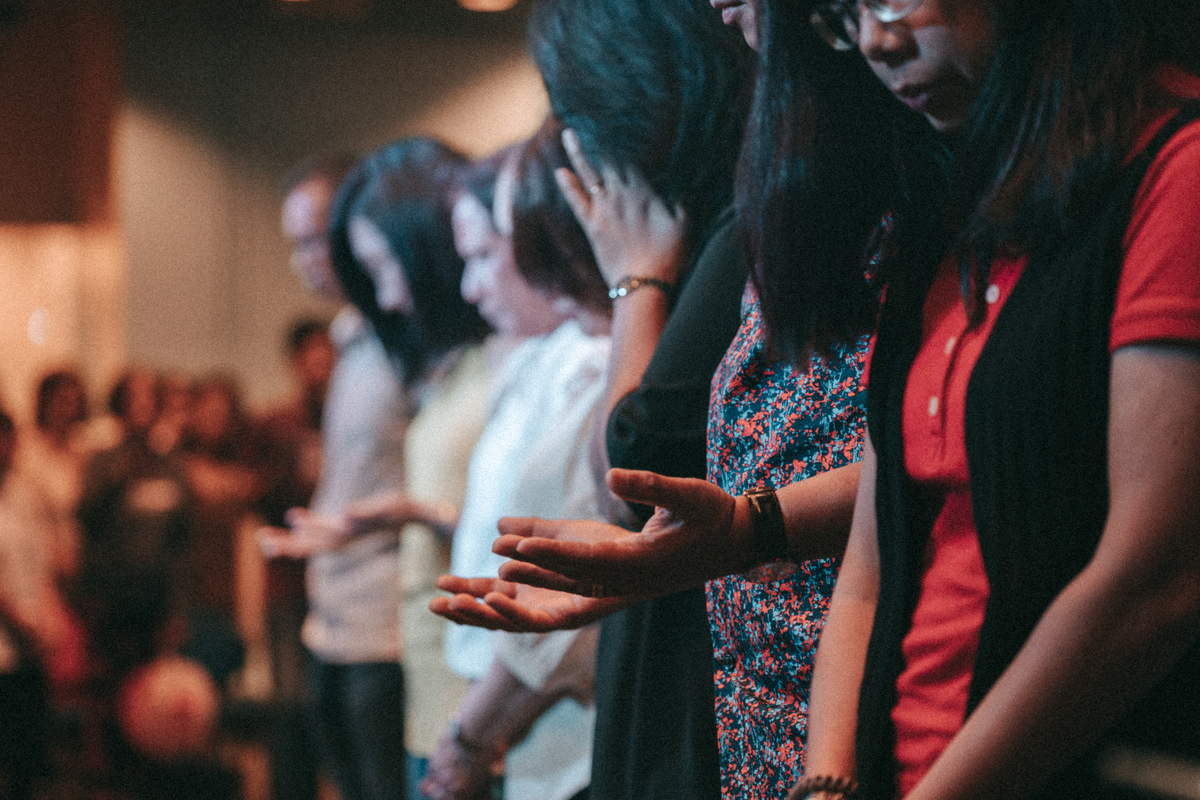Recently I was leading a prayer meeting at the church in Florida. We were in a section praying for unity in the church and churches of the community. The idea from John 17 is that unity will cause people to be drawn to Jesus.
An older man stood and prayed a powerful, short prayer crying out to God for unity. Later, the pastor shared that he had spoken with this gentleman after the prayer meeting, and the man commented how much he enjoyed the prayer meeting. It was dynamic, unlike the typical pray for individual needs meetings he was used to. And he was excited to participate.
That situation illustrates one of the biggest prayer chokeholds the enemy has on the western church where prayer is concerned. Most of our people use prayer only as a fix-it tool to make the bad situations in their lives better. And most churches feed into that with their prayer activities.
As churches attempt to increase prayer, they typically focus on things that meet felt needs of people. So we do times in the service where you can be prayed for by a team, better prayer list management, and so on—all focused on praying for individual needs.
What’s forgotten is the kind of prayer that will fulfill what Jesus prophesied over Peter: “on this rock I will build my church, and the gates of Hades will not overcome it. I will give you the keys of the kingdom of heaven; whatever you bind on earth will be bound in heaven, and whatever you loose on earth will be loosed in heaven” (Matthew 16:18-20). The kind of praying that takes on the kingdom of hell is not, “please heal Mary’s foot, Lord.”
Fighting for a Better Way
A major problem in moving a church toward a more kingdom mindset with prayer is that you are fighting against something that is not technically wrong. Scripture tells us to pray about everything (though it does not show it done in a corporate meeting). And one of the ways we show love for the body is to pray for those things that are on people’s hearts. So we should have avenues available to pray for people’s needs.
But if we are to become churches that change our communities, that grow the Kingdom of God, we need to take another look at the prayer practices we put in front of our people. Are we continually perpetuating the thought that the most important use of prayer is what we can get God to fix? Or are we moving people to become kingdom-minded, gate-tearing-down people of prayer?
It is the difference between fueling the “what’s in it for me?” attitude of people regarding Christianity and the “what can I do for the kingdom,” mindset we should have. It is the difference between seeing people’s needs met and seeing God’s needs met.
It is also the difference, as the man in Florida discovered, between dull, boring prayer and passion-filled intercession.
Jonathan Graf is the publisher of Prayer Connect and a popular speaker on prayer.





